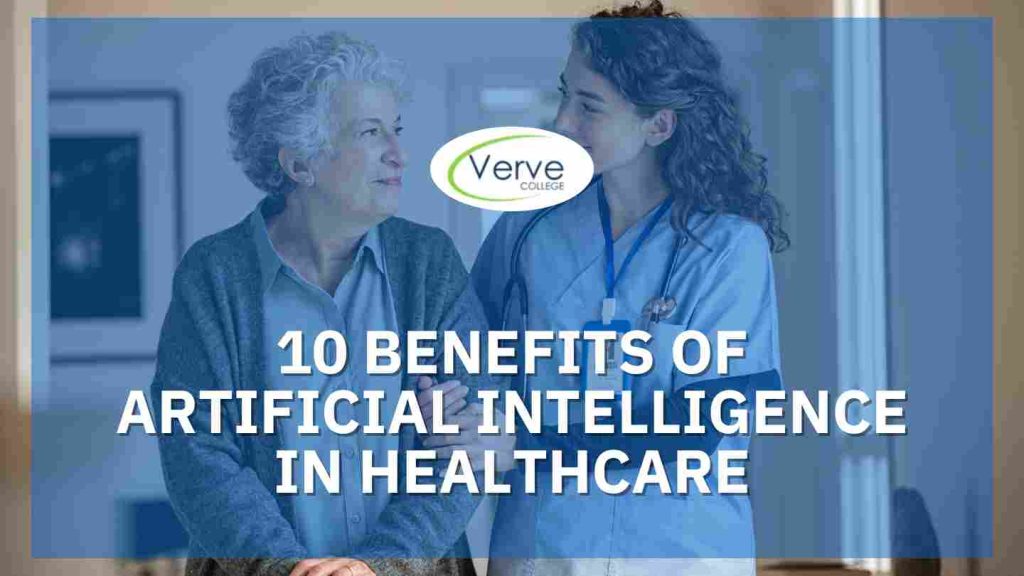- Oak Brook:(630) 705-9999
- Chicago:(312) 920-8822
- Email:inquiry@vervecollege.edu
- Make a Payment
- Home
- Programs
- Admission
- Resources
- ATI Entrance Exam Resources
- New E-Digital Library
- Refer a Friend
- School Newsletter
- Events
- Employers
- Job-Network
- Alpha Beta Kappa Candidates
- Verve College Library
- Graduation and Pinning Ceremony Photo Galleries
- Textbook Information
- Career Services
- Tutoring
- School Catalog
- FAQ
- Constitution Day Program
- Alumni
- Verve College Plans
- Financial Aid
- HEERF Reporting
- Satisfactory Academic Progress
- Apply For Financial Aid
- Net Price Calculator
- Return of Title IV Funds (R2T4)
- Financial Aid Office Code of Conduct
- Contact
- FAQs
- Verification Policy
- Vaccination Policy
- Student Right-to-Know Act
- Misrepresentation
- Information Security Program
- Academic Award Year
- Availability of Employee
- Cost of Attendance
- Health & Safety Exemption Requirement
- Students Rights and Responsibilities
- Leave of Absence
- Pell Formula
- Military Students
- Grants/ Scholarship Policy
- Contact Us
- Login
- Testimonials
- Blog
Is a Nursing Career Right For You?
Take The Free Quiz
10 Benefits of Artificial Intelligence in Healthcare
10 Benefits of Artificial Intelligence in Healthcare
Artificial intelligence has quickly become the go-to technology in healthcare so that it has even been called the “new nervous system”. Artificial intelligence in healthcare is having a noticeable effect and improving and changing the nursing process with remarkable potential for impactful transformation. AI in the healthcare sector is particularly pertinent to those considering enrolling in licensed practical nurse programs since its implementation reflects an evolving landscape of healthcare technologies and practices.
Related:- 6 Nurse strategies Tactics to Tackle the Nursing Shortage
AI and Healthcare Benefits:
- Accurate Diagnosis – Incomplete medical records can lead to human errors. Inefficient sequencing, large numbers of cases, and lack of medical records all play a part in this issue in clinical settings. Once reports are entered into a computer system for diagnosis, advanced machine-learning algorithms can make accurate diagnoses that eliminate mistakes while increasing efficiency within the healthcare industry.
- Accelerated drug development: Traditional drug production methods can be both time and cost-intensive; this can become particularly problematic during pandemic outbreaks when speed and efficiency must be prioritized.
- Patient experience enhancements: Overcrowded healthcare facilities in nursing homes and the mounting pile of reports can create an experience that’s less than desirable for a patient. Insurance confusion, overcrowded medical centers, and other issues also present difficulties in care.
- Database safety: Protecting sensitive patient data is of utmost importance in healthcare in clinical sites, as its absence has an enormously detrimental impact on patient care delivery. AI algorithms are constantly making strides to encrypt personal information, such as clinical reports or diagnostic findings, to protect it from being compromised while securely storing it on cloud platforms for easy access by patients and professionals alike. Understanding these advancements in database safety is vital to maintaining the authenticity and confidentiality of patient details for those pursuing LPN training Illinois from a vocational school.
- Robot-assisted surgeries: Complex and critical surgeries done by medical professionals require extreme precision, expertise, and basic care, yet more successful operations have been conducted thanks to AI-enabled robotics with cameras, mechanical arms, and surgical instruments onboard the robots.
- Remote monitoring: Real-time monitoring of vital signs such as heart attacks, asthma attacks, and other incidents using connected devices can save lives. IoT networks track activities within the human body using remote monitoring devices. In contrast, wearable devices and mobile applications accessing data are paired with AI capabilities for quick accreditation decision-making. By 2026, the wearable technology industry is expected to increase from $74 Billion to over $120 Billion.
- Streamlined training: AI provides healthcare professionals with a streamlined training experience. AI allows healthcare professionals to run simulations against an extensive database of scenarios, helping them make better clinical decisions and learn from past responses.
- Pattern recognition technology can help predict the disease risk for an individual patient.
- Innovative health insurance: Insurance firms can leverage connected devices to collect health data, process claims, and manage risks transparently between insurers, customers, and claims.
- Location tracking and alerts: Smart medical devices allow real-time alerting and tracking capabilities, enabling more accurate diagnosis and faster intervention by doctors.
Conclusion:
AI adoption within healthcare remains at an early stage despite recent significant advancements. Researchers continue to enhance technology with new capabilities that could outcome in breakthroughs across industries in future years.
AI and machine learning (ML) technologies can substantially contribute to healthcare settings undergoing one of the fastest digital transitions. Facilities using these technologies can improve customer experiences, develop new digital business lines more quickly, and achieve research targets more rapidly, all contributing towards making life safer and better for all. Please reach out to Illinois College of Nursing accreditation (LPN program) to make a nursing career. Also, explore how AI and new technologies could bolster your healthcare services or medical device enterprise.
 Sign up
Sign up Login
Login




